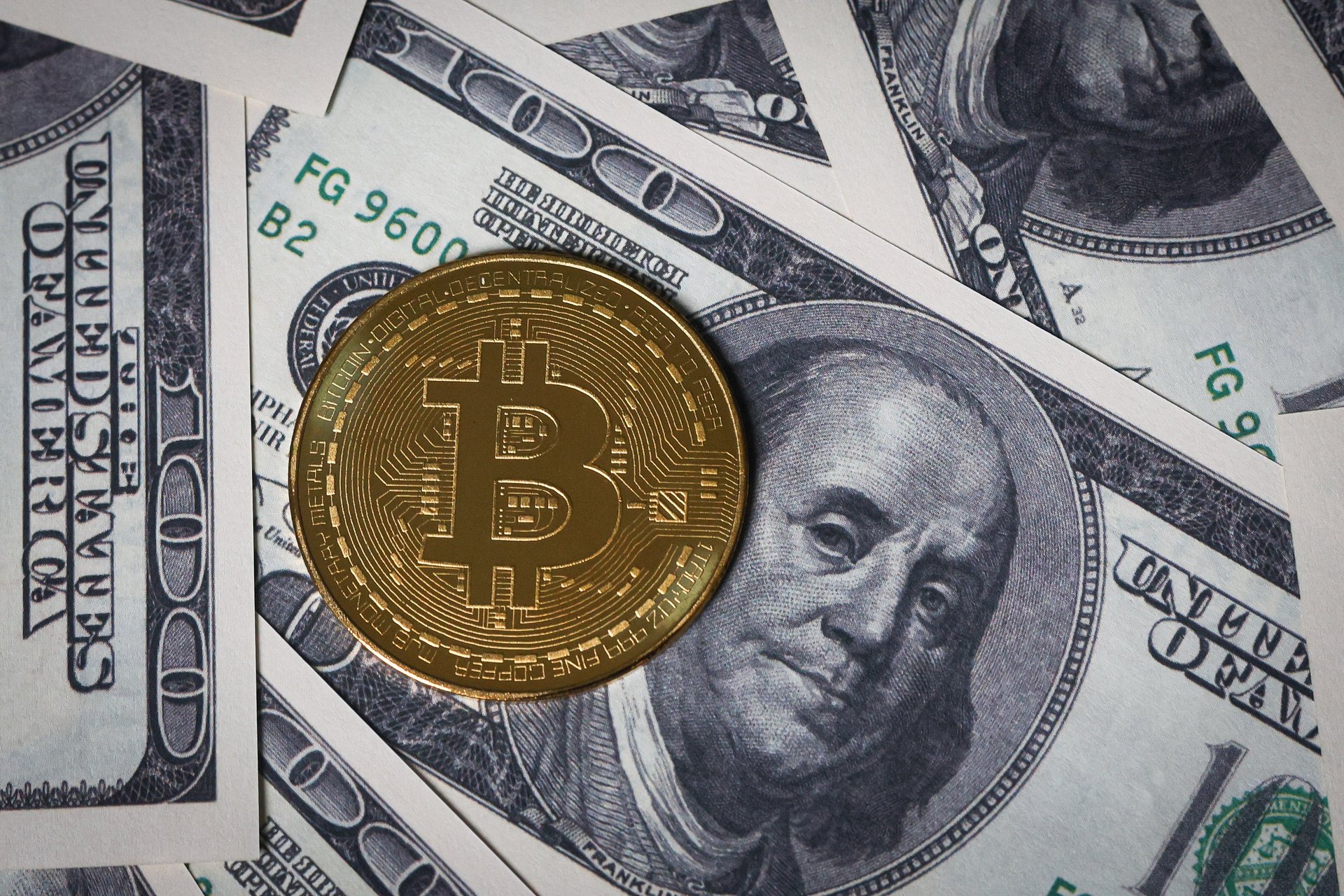Bitcoin's downward spiral gets worse as the Trump-led crypto party is over
Bitcoin ETFs experienced a record outflow of over $1 billion in a single day

Bitcoin continued its downward trend on Wednesday, signaling that the Trump-driven crypto surge may have run its course. The leading crypto is 20% down from its all-time high that was reached just a month ago during Donald Trump’s inauguration. Currently, it is hovering around $86,000, down nearly 10% over the past week.
Suggested Reading
Other major cryptocurrencies were either in the red or flat on Wednesday, including Ether, the second-largest cryptocurrency by market capitalization, which was down by 1% in the past 24 hours. Ether’s competitor, Solana, was down by over 4%.
Related Content
What’s the reason for the sudden drop?
In recent weeks, Bitcoin has remained either stagnant or in the red, awaiting a catalyst for price movement. However, its latest decline may be linked to a crypto hack targeting a Dubai-based exchange named Bybit. On Feb. 21, 2025, attackers — allegedly the North Korean state-sponsored Lazarus Group — stole approximately $1.4 billion in crypto assets from the exchange’s wallet. Adding to market jitters, the recent memecoin scandal involving Argentina’s President Javier Milei has reignited skepticism and negative sentiment among investors, further weighing on the crypto market.
Bitcoin ETFs face massive outflows
Once hailed as the most successful exchange-traded funds (ETFs) in history, U.S. Bitcoin ETFs have seen significant withdrawals in recent weeks. Excluding two positive days, they have recorded net outflows totaling $2.7 billion over the past two weeks. On Tuesday, Feb. 25th, Bitcoin ETFs experienced a record outflow of over $1 billion in a single day.
This sustained outflow is naturally putting pressure on Bitcoin’s price, signaling that investors are no longer pouring in funds at the same pace as before.
Read more: Bitcoin is better than gold. Here’s why
No progress on the Bitcoin Reserve
Crypto investors had been eagerly awaiting updates on when the Trump administration would begin stockpiling Bitcoin for the national reserve. While several state governments are pushing to establish their own Bitcoin reserves, the federal government remains indecisive — a delay that may be weighing on investor sentiment.
Macroeconomic factors at play
As Bitcoin becomes increasingly mainstream, it is beginning to mirror the stock market’s reaction to macroeconomic conditions. Recent inflation reports, economic data, and a series of Trump-imposed tariffs have shaken investor confidence, adding to the market’s uncertainty.